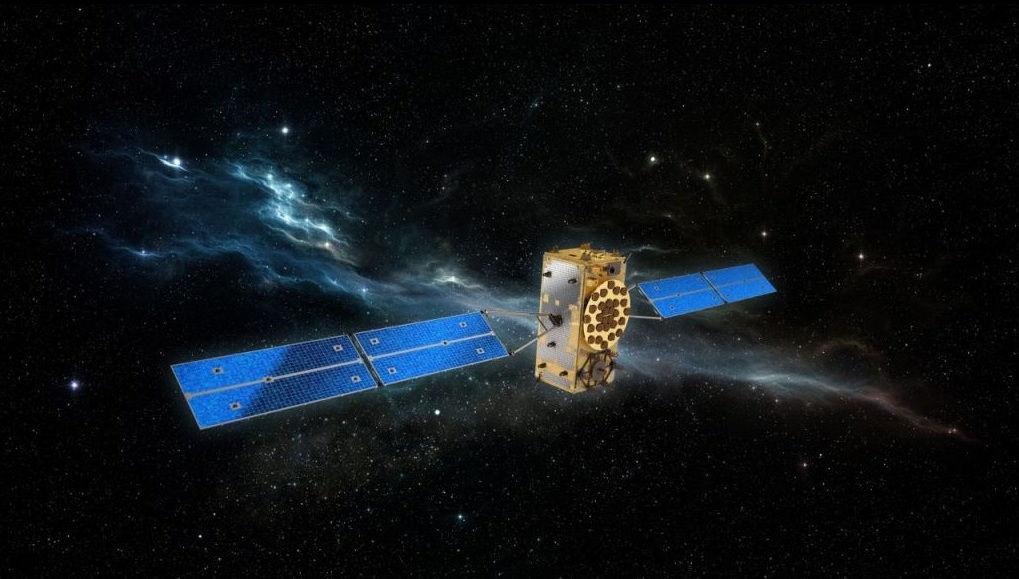
EUROPE’S WEEKLONG SATELLITE OUTAGE IS OVER—BUT STILL SERVES AS A WARNING
EUROPE’S GALILEO SATELLITE navigation system largely regained service Thursday, a full week after a mass outage began on July 11. The European Global Navigation Satellite Systems Agency, known as GSA, said that commercial users would start to see coverage returning, but that there might be “fluctuations” in the system. What remains unclear is what exactly caused the downtime—and why it persisted for so long.
The incident took down all of the GPS-like system’s timing and navigation features other than “Search and Rescue,” which helps locate people in remote areas. As the days dragged on, what might have simply been an inconvenient blip ballooned into a major incident. And while European systems and services can still fall back to other timing and navigation options, like GPS, the prolonged outage serves as a chilling reminder of the modern world’s intrinsic reliance on fallible global positioning systems.
The Galileo system launched in 2016, and has been in initial testing phases since. It represents an $11 billion investment by the EU, with the goal of becoming an alternative to navigation options like GPS, run by entities like the US Air Force, the Russian system GLONASS, or China’s BeiDou. The European Commission has been working to find almost $18 billion in new funding for the EU’s 2021 to 2027 space programs, including Galileo. There are more than 100 million devicesthat can receive Galileo’s signal, but nearly all are programmed to fall back on GPS. If they weren’t, the week of outages would have caused a massive humanitarian crisis.
Timing and navigation data underlies all digital systems, since server networks (read: the entire internet) use satellite timekeeping to sync their clocks and interoperate. Navigation data is also crucial for everything from delivery of essential goods—like food and gasoline—to transportation and global shipping. Without it, infrastructure systems and commerce would grind to a halt. Basic necessities would quickly become scarce. Fortunately, Europe had GPS to fall back on. If a similar outage were to take GPS offline, most devices would have no such alternative.
“Most large, complex systems like this go through some initial problems early on, but this does seem to be a little bit worse than one would expect,” says John Sheehy, vice president of sales and strategy at the security firm IOActive. “It’s most likely related to the relative newness of the environment and the relative inexperience of the team.”
GSA has so far still provided only a rough sketch of what caused the outage. “The technical incident originated by an equipment malfunction in the Galileo control centers that calculate time and orbit predictions, and which are used to compute the navigation message,” the GSA wrote on Thursday in its most specific statement yet. “The malfunction affected different elements on both centers.”


